This section covers questions around the treatment of intersex babies and children, patient confidentiality, refusal of medical care, prescriptions and more!
This section covers questions around the treatment of intersex babies and children, patient confidentiality, refusal of medical care, prescriptions and more!
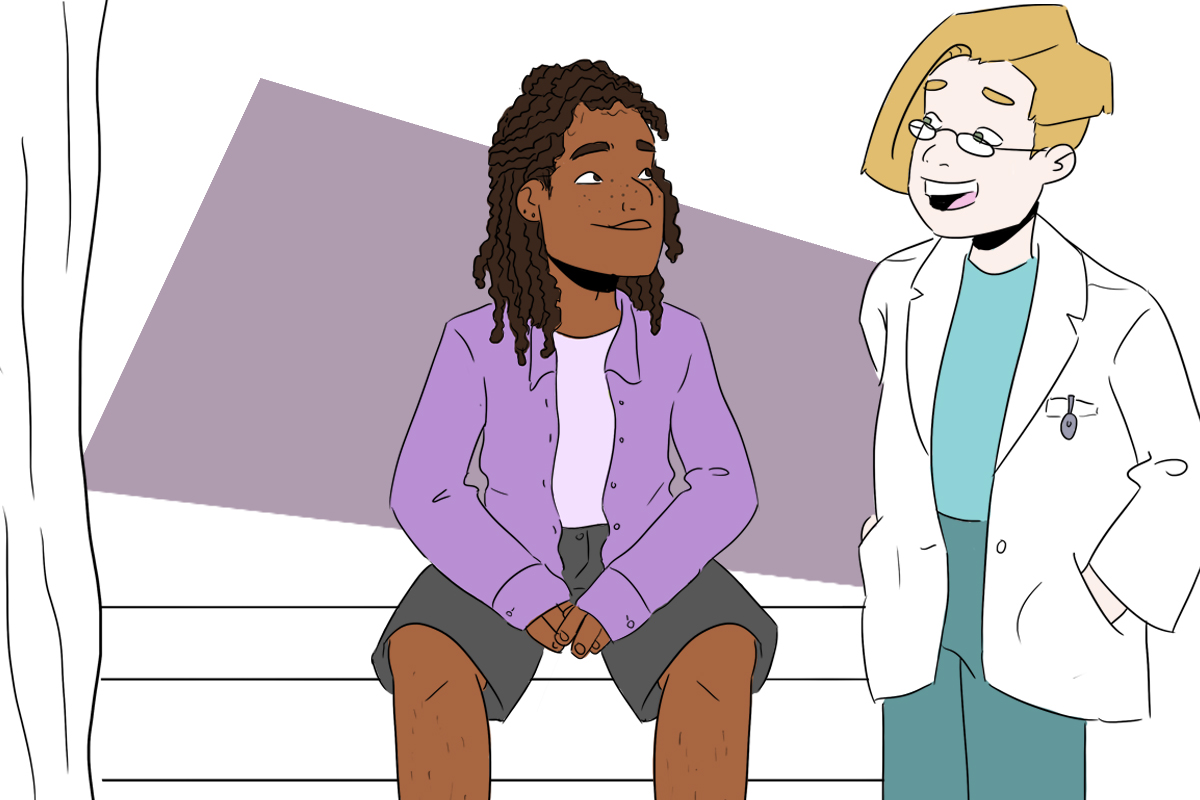
The legal framework relating to the interaction between healthcare services and the rainbow community is currently very difficult and complex, with numerous situations being untested from a legal perspective (this means it hasn’t been argued in court). We have attempted to address some of these circumstances below, however it is important to be aware that the law in this area remains unclear for the most part.
Where to go for further support
A description of the services available to you and their contact details are outlined below:
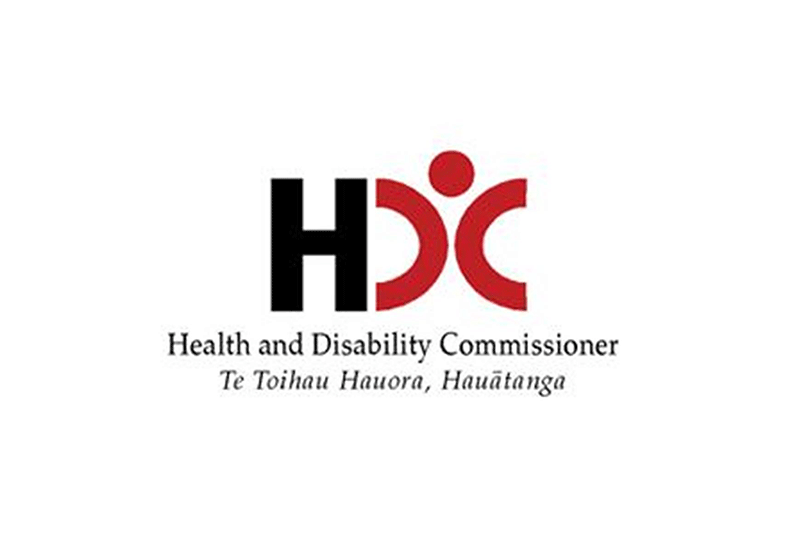 |
Health and Disability Commissioner – provides information and assistance in relation to making complaints about health or disability services. For more information visit www.hdc.org.nz, email hdc@hdc.org.nz or call 0800 11 22 33. |
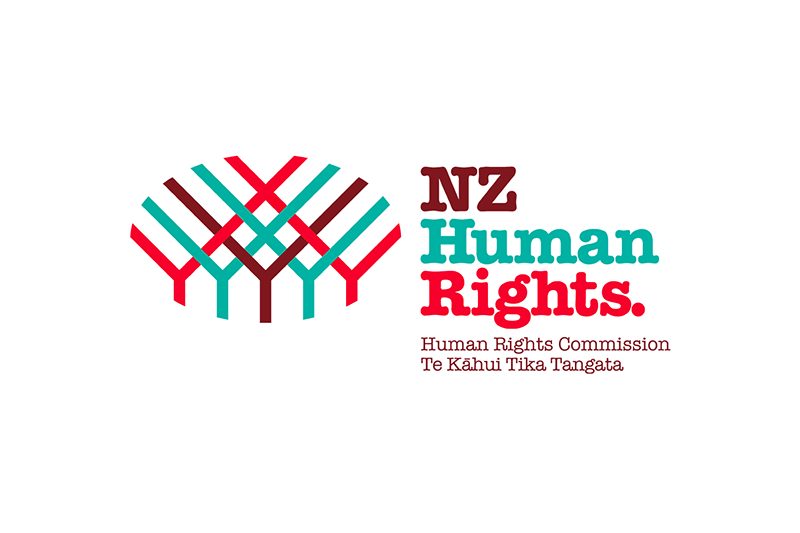 |
Human Rights Commission – provides information and useful resources in relation to discrimination issues in employment, both online at www.hrc.co.nz and through its information line, 0800 498 877. Also provides an avenue for you to raise complaints in relation to discrimination which, if unable to be resolved by mediation, may be referred to the Human Rights Review Tribunal. |
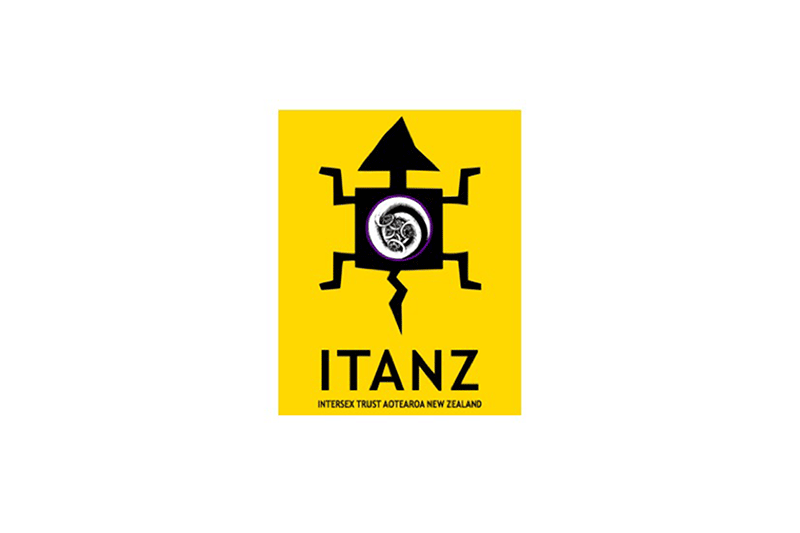 |
Intersex Trust Aotearoa New Zealand (ITANZ) – provides information, education and training for organisations and professionals who provide services to intersex people and their families www.ianz.org.nz |
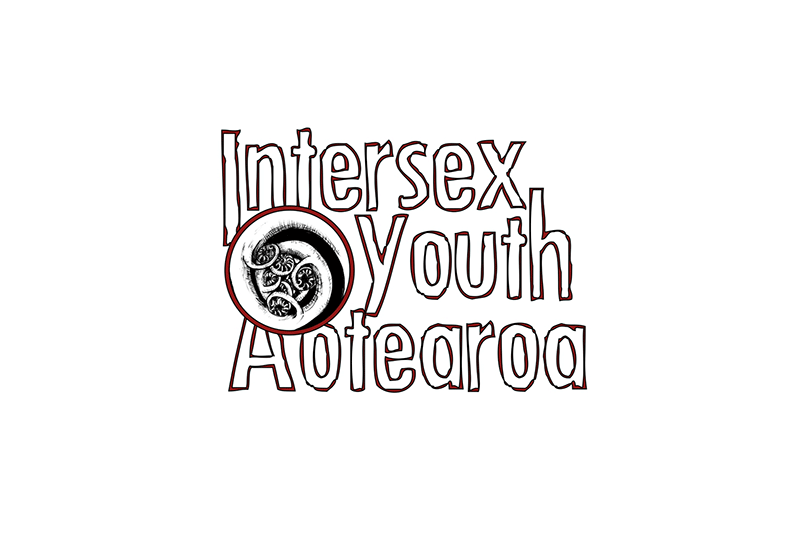 |
Intersex Youth Aotearoa – a place to share information, find support and network. Intersex Youth Aotearoa aims to improve the visibility of intersex young people, to create community and support. www.intersexyouthaotearoa.wordpress.com |
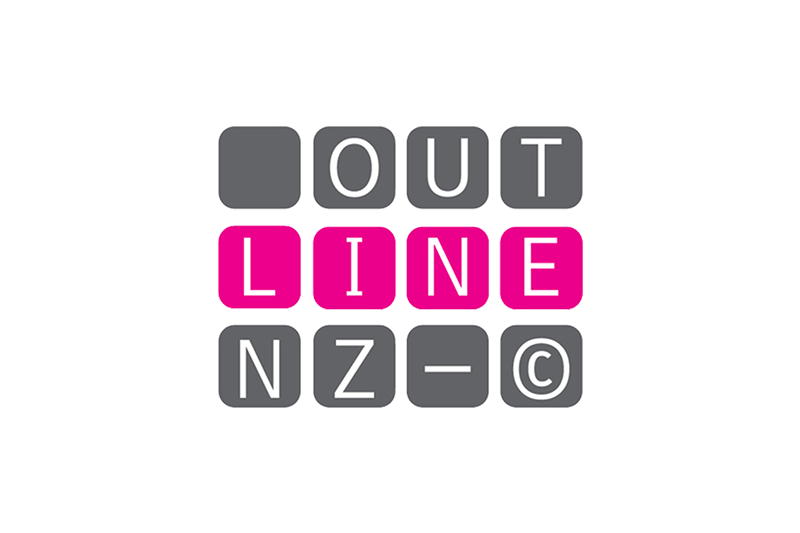 |
OUTLine – volunteers welcome your call to discuss topics around sexuality, gender identity and diverse sex characteristics. They can help you find sources of trusted information, connection to community or peers, and medical or mental health services that welcome LGBTIQ+ people. 0800 688 5463 www.outline.org.nz |
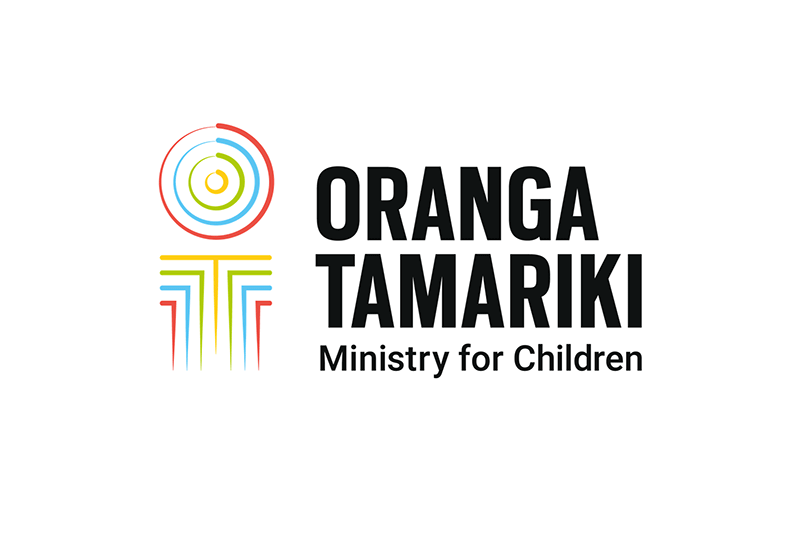 |
Oranga Tamariki (Ministry for Children) – Government body responsible for ensuring the wellbeing of children and young people in Aotearoa. Provides assistance in the form of connecting children and families with trained social workers who are able to assist with various situations. For more information, see www.orangatamariki.govt.nz, or contact Oranga Tamariki on 0508 326 459. |
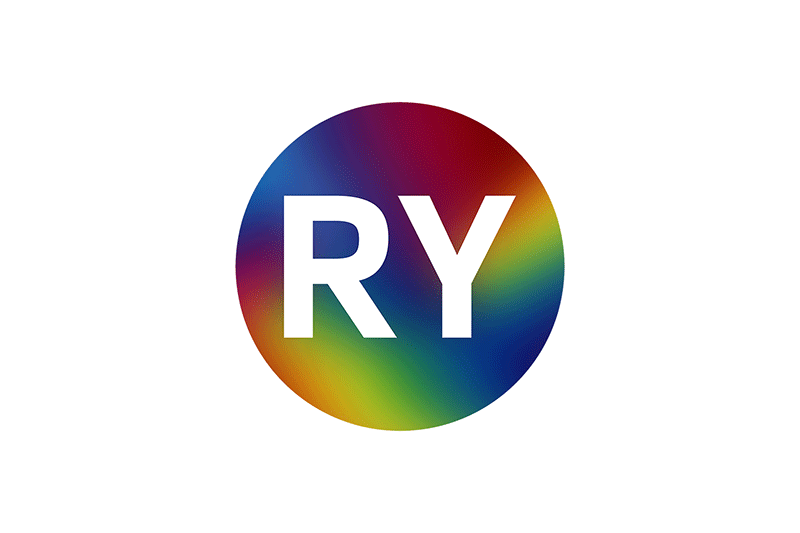 |
RainbowYOUTH – provides free counselling services and support to queer and gender diverse youth. RainbowYOUTH can also refer you to other services which may be more applicable to your situation. For more information, see www.ry.org.nz, or contact RainbowYOUTH on 09 376 4155 or info@ry.org.nz. |
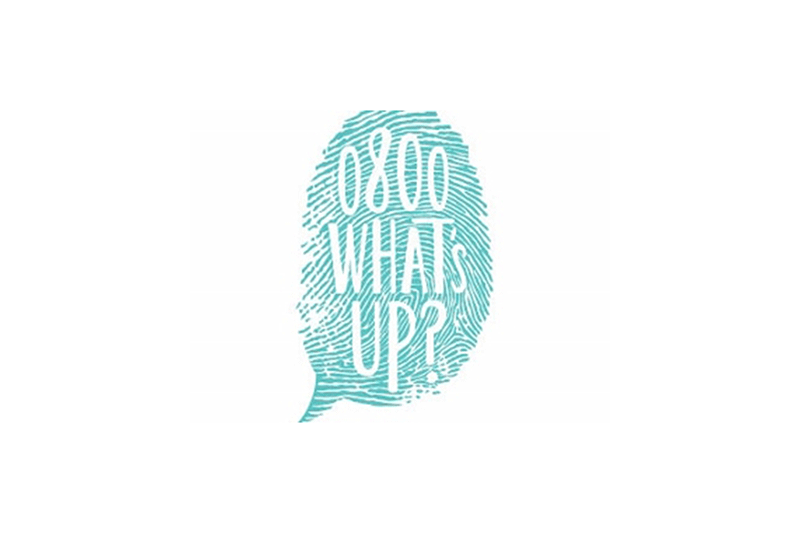 |
Whats Up? – provides a free, nationally available counselling helpline for children and teenagers. These services can be accessed by calling 0800 942 8787 (WHATSUP) or visiting www.whatsup.co.nz. |
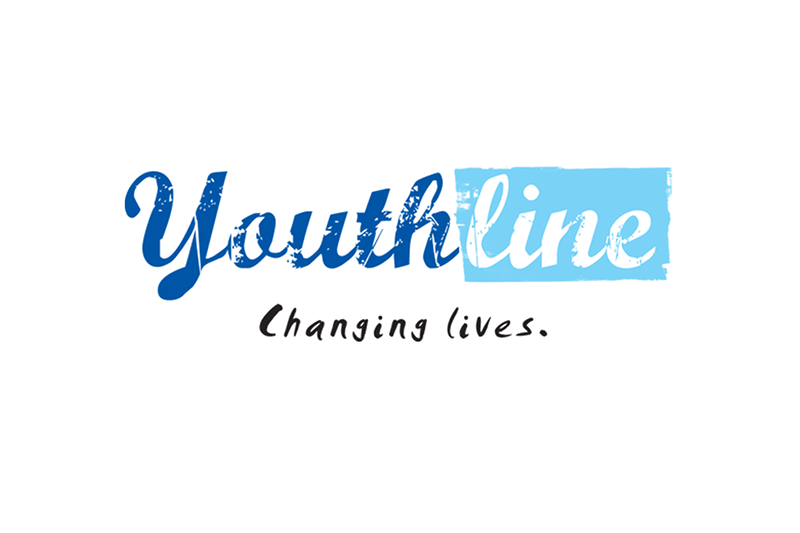 |
Youthline – provides advice and support to young people, including counselling and mentoring services. These services can be accessed by calling 0800 376 633 or visiting www.youthline.co.nz. |
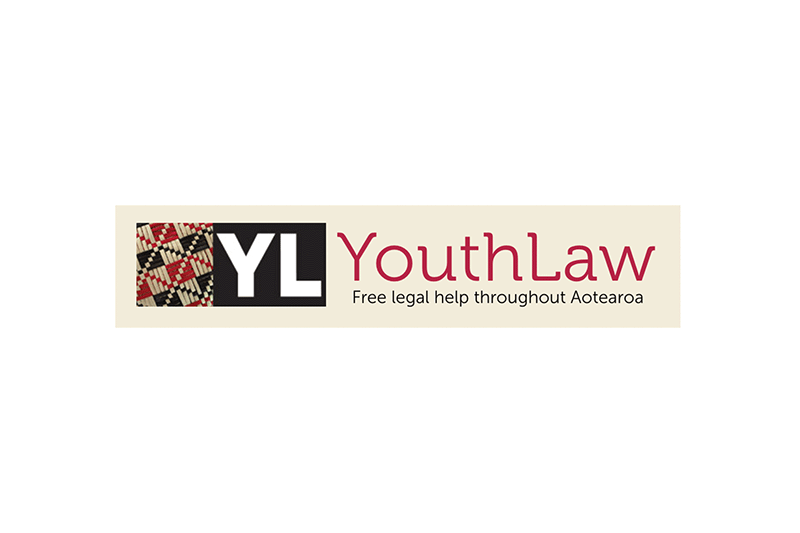 |
YouthLaw – provides free legal help for people under 25 regarding a range of legal issues, including employment issues. For more information, see www.youthlaw.co.nz, or contact YouthLaw on 0800 884 529 or nzyouthlaw@gmail.com. |
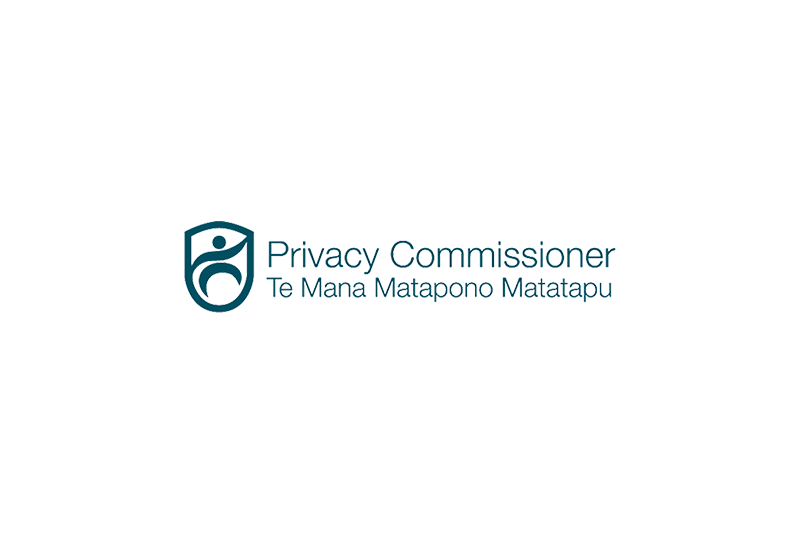 |
Privacy Commissioner – provides helpful resources and information related to the Privacy Act. Website: www.privacy.org.nz |
Is it illegal for a doctor to prescribe medication or recommend counselling or conversion therapy to 'cure' your gender identity or sexual orientation?
There is no specific prohibition on prescribing medication or recommending counselling or conversion therapy to 'cure' your gender identity or sexual orientation, but treatment can only be prescribed or recommended once a doctor has adequately assessed you and considers that that the medication or counselling is in your best interest. If you (or a guardian on your behalf) requests such treatment, the doctor can refuse to prescribe the medication.
Further, if you are 16 years or older you are able to refuse medical treatment. For children under the age of 16, if the doctor considers the child has a sufficient understanding and intelligence to make a decision in relation to their health, then the child can refuse the medical treatment. If the doctor decides to prescribe the medication, they must inform you of the risks involved.
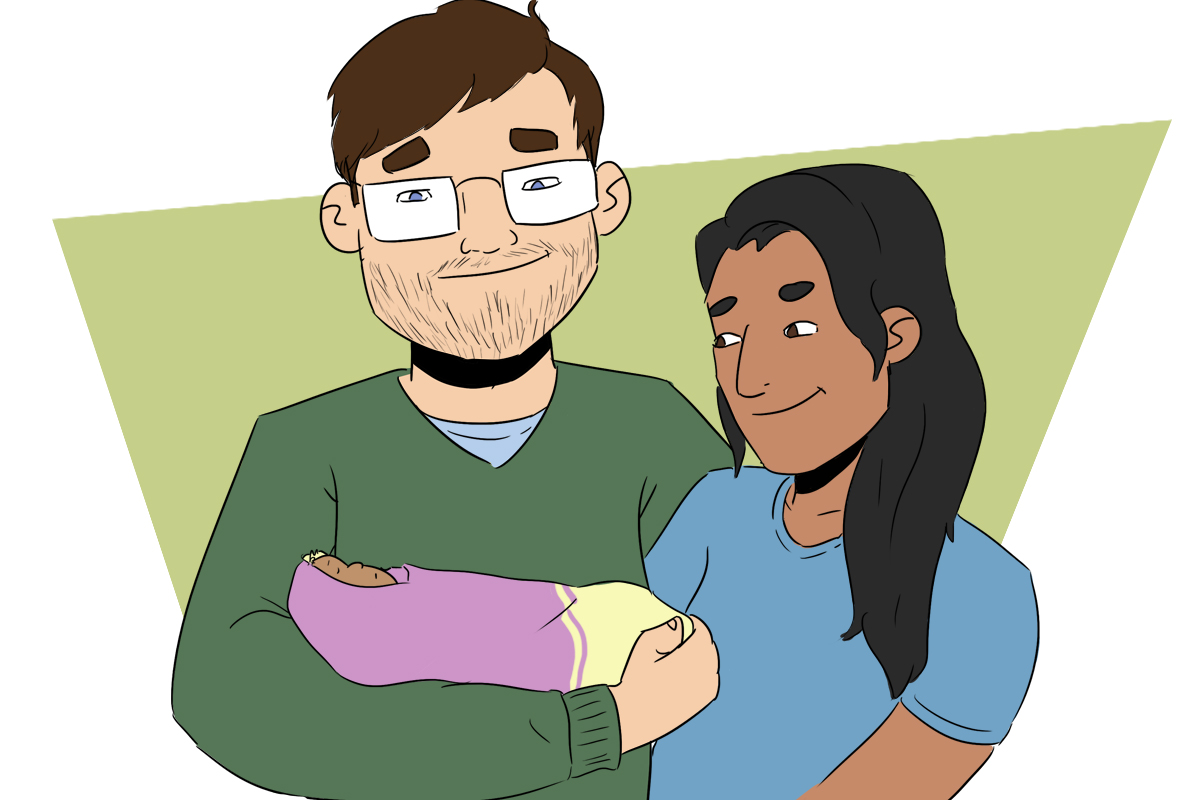
Is it illegal to perform genital modification surgery on an intersex child?
The legality of genital modification surgery is unclear. Generally speaking, guardians have a duty to act in the best interests of their children, and can provide consent for medical treatment on a child (unless the child has capacity to consent).
In October 2016, the UN Committee on the Rights of the Child made a series of recommendations to the New Zealand Government on the rights of intersex children. These recommendations have been passed on to the Director General of Health.
Is it illegal for medical professionals to refuse to provide medical services or sexual health procedures based on a person's sexuality or gender identity?
Medical professionals are not allowed to refuse to provide services based on a person's sexuality or gender identity. Any person who supplies goods or services to the public cannot refuse to provide or treat any other person less favourably by reason of any banned grounds of discrimination (including sex, gender, and sexual orientation), which would include persons supplying health services.
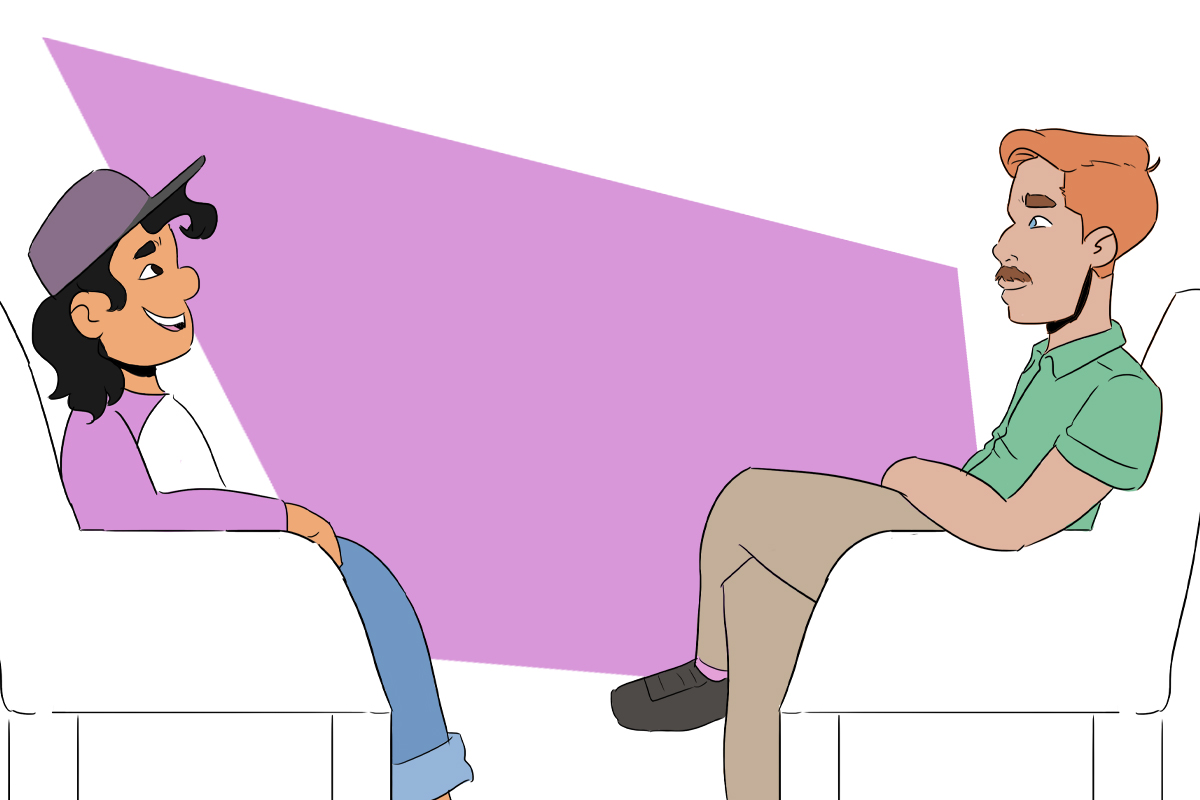
Is it illegal for a medical professional to disclose information of a young person concerning their sexuality or gender identity to the young person's parents or guardians?
A health agency must not disclose health information (which can include information regarding sexual orientation or gender identity) about a young person to their guardian provided to them in the course of the provision of health services, except where there is a specified exception such as where there is a threat to the life or health of the young person.
Health professionals are expected to determine whether patients under 16 years are able to understand their condition and make decisions about their treatment, and if so, should only share confidential information with guardians where the patient has provided consent, or where there is a risk of harm.
Health agencies must designate a person (or persons) to deal with complaints regarding perceived breaches of privacy, and young people may also complain to the Privacy Commissioner. Any disclosure of personal information must also be in accordance with the Privacy Act.
